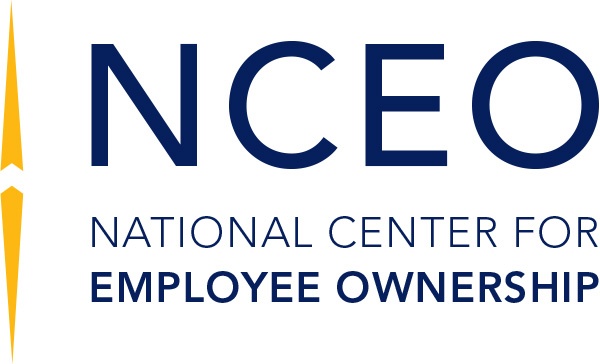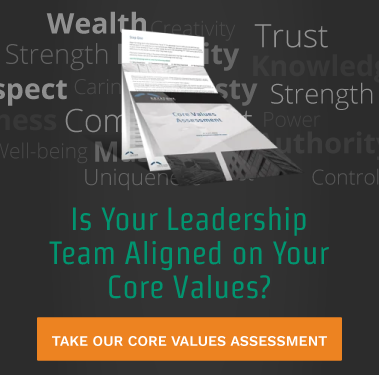This week’s post on KeyStone Search’s Culture, Leadership and Alignment Blog was kindly contributed by Corey Rosen, a 66-year old boomer and founder of the National Center for Employee Ownership (NCEO), a nonprofit ESOP organization. Thank you to Mr. Rosen for allowing KeyStone to share his expertise. In addition, thank you to Inc. magazine, the original publishers of this piece.
Graduation speeches have come and gone again, urging young grads to go out and pursue their dreams. Well, you did that. You built a successful company that has created financial security for your family, jobs for employees, taxes for your community, and useful products and services for your customers.
But now you are thinking about graduating too. It’s time to start scaling back your involvement in the business and getting some liquidity for all that equity you have built up in the company. Hopefully your business is strong enough that you have the option to sell to another company or maybe a private equity group.
Getting a good price obviously matters. You deserve it, after all. But as all those commencement speakers tell the graduating seniors, you want to think about more than just making money. You also want to think about making a difference. More than one graduation speaker has urged the grads to think about living their life in terms of what they ultimately want to be remembered for. Not many people say they want to be remembered for how big their house was or how expensive the car they owned was. But they do want to be remembered for how they made the lives of other people better. As a baby boomer, these issues seem more urgent than ever because, alas, the time left before you are a memory is getting closer.
Of course, one way to make a difference is to take some of the money you make and give it to a favored charity or charities. But in figuring out how ownership will transition in your company, it’s also worth thinking about legacy. What if you sell the company to another company that offers a great price but, you strongly suspect (no matter what they invariably promise) they will end up laying people off or moving the business? And that private equity group might make a very attractive offer, but you know that all too often their goal is to cut costs and flip the business in five years or so. All that will be bad for the employees and probably the community too.
Besides, retirement isn’t what it used to be. At 65 or so you can, statistically, look forward to another couple of decades, a good part of which will be in reasonably good health. Keeping some involvement with your business as an advisor, pursuing a particular interest, or acting as a consultant may seem very appealing.
So what can you do to preserve the business legacy? If you have family members who want to take over, and have the skills, that may be a good option, but it is much less common now than in the past. Fortunately, there is another option that can get you a very competitive price in all but a small percentage of situations, provide you and your company a tax benefit, let you pick what future role you want to play, and keep everyone employed.
That alternative is an employee stock ownership plan (ESOP), a tax-qualified benefit plan designed to own stock in your company. The company sets up a trust to buy your shares. The company then uses future pre-tax profits to buy your stock. It can do this gradually, or by taking a loan (including from you) to buy a lot or even all the shares at once. Structured properly, you can defer capital gains tax on the sale by reinvesting in stocks and bonds of U.S. companies. The plan must include at least all full-time employees who have worked for a year, and they get stock allocated to them based on relative pay, which they will get and cash in after they leave the company, building a nice nest egg for the future.
Companies owned by their employees perform much better than those that are not, and they lay people off at one-third to one-quarter the rate of other companies.
ESOPs won’t work for every company - you have to be big enough (generally 20 or more employees) and profitable enough to make the costs of setting up and funding the plan worthwhile. But there are few better ways to preserve your legacy—and keep an active role in it if you like—than an ESOP.




